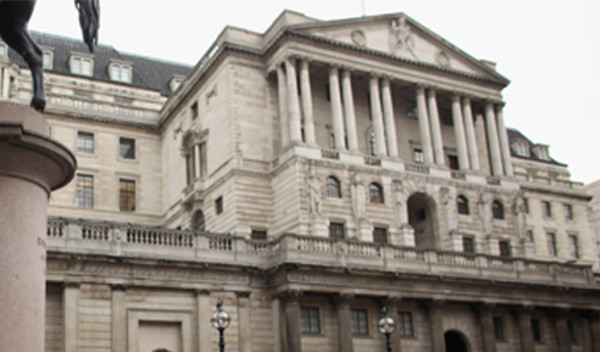

HM Treasury will consult by the end of this year on whether the Bank’s Financial Policy Committee should be provided direction powers over buy-to-let mortgages.
Richard Sharp, external member of the FPC, confirmed that the government would seek industry views on whether the regulator should be allowed to dictate rules to buy-to-let lenders by the end of this year.
The BOE already has power to curb residential lending and in June last year recommended that no more than 15 per cent of a bank’s mortgage lending should be at more than four-and-a-half times borrowers’ incomes.
It was a year ago that the Treasury sidestepped a request from the BOE to be given powers over buy-to-let lending, saying it wanted to gather more evidence on how the market works.
New FPC powers over the buy-to-let industry could allow the regulator to set mandatory limits on loan-to-value ratios and debt-to-income ratios.
It will come as the latest blow to the buy-to-let industry, which this year saw tax breaks for investors curbed in the Summer Budget.
Until now, tax breaks including the 10 per cent wear and tear allowance – whether or not improvements are made to the property – and tax relief on mortgage interest have been handed to landlords.
From April, they will have to prove they have spent money, and by 2020 interest tax relief will be reduced.
Pressure groups are currently pushing out data designed to convince politicians and opinion-formers that the changes could spell disaster for the sector.
Mr Sharp confirmed a consultation on more regulatory power to control the buy-to-let industry was imminent as part of a speech he made yesterday (12 October). Speaking at Nottingham Trent University, he said a particular challenge for the FPC was that the UK was the home “for an outsized financial sector”.
BOE economists calculated that in 2013 the UK banking system was 450 per cent of GDP – compared to around 100 per cent in 1975 – larger than in Japan, the US and the ten largest EU economies.
Mr Sharp said the importance of the financial services industry to the UK is recognised by the remit the chancellor has provided for the FPC.
“Our responsibility is to have the insight to ensure that we are aware of risks to the financial system and that, in particular, the systemically important institutions are well capitalised and that any severe losses don’t threaten the financial system.”
emma.hughes@ft.com



